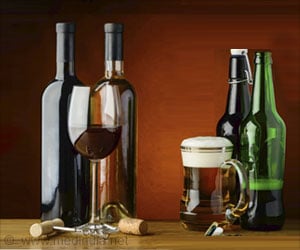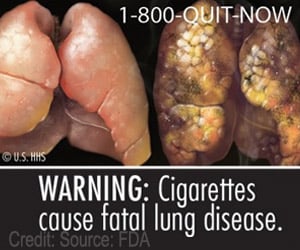About 69 percent of alcohol in the UK is consumed by those labeled as hazardous and harmful drinkers- who are doing themselves potentially lethal damage.

‘In the past ten years, the number of alcohol-related hospitalizations in the UK has doubled to more than 1 million a year.’





The research conducted by Southampton University professor Nick Sheron showed that a majority of alcohol sales go to high-risk drinkers. "We looked at data from the Health Survey for England and ... found that in terms of the total alcohol consumed within that survey, 69% was consumed by hazardous and harmful drinkers together," said Sheron.
About 38 percent of alcohol is consumed by hazardous or increasing risk drinkers who exceeded the old guidelines of 14 units a week for women and 21 units a week for men through bingeing or regular drinking.
Men who consumed more than 50 units a week and women who consumed more than 35 units a week were classed as being addicted. About 69 percent drinkers were addicted to alcohol. Such alcoholics are at increased risk of developing cirrhosis and cancer. Similar trends were observed in an ongoing research by the University of Sheffield in alcohol sales in 2013.
Based on the figures for the year 2013, alcohol sales in the UK were worth £45.5 billion, meaning £14.4 billion in sales came from risky drinkers, while £9.3 billion came from harmful drinkers, equaling £23.7 billion.
Advertisement
Source-Medindia









